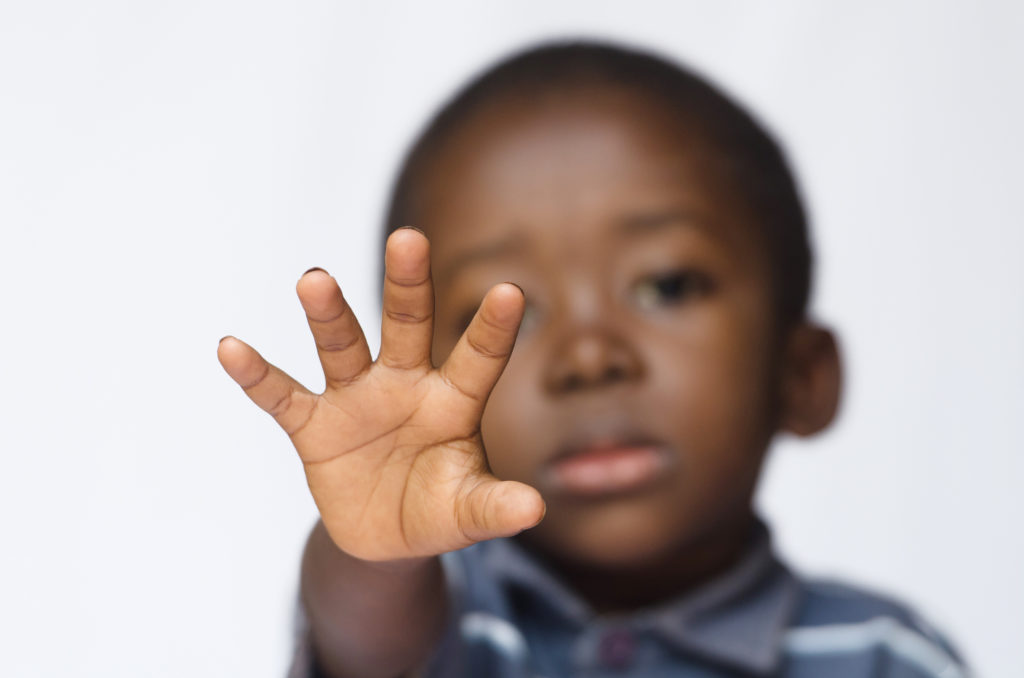Foster care may come with a stigma, especially for older youth. In the minds of many, foster children can be thought to be “too much to handle” or unruly. Whether this is because of special medical needs or certain behavioral issues, the lives of these children are consistently misunderstood. As child welfare professionals have come to learn, many of the stereotypical behaviors people believe are innate components of foster children are the result of the way these children have been treated. As they grow from toddlers to teenagers, the childhood trauma they’ve experienced can and often does affect their behaviors and needs.
Foster Children Experience Childhood Trauma
Foster children experience trauma far more often than others, and this trauma can shape not only their behavior but also their worldview. Post-traumatic Stress Disorder (PTSD) occurs in foster children at very high rates – a grim testament to their experiences. To give context to – and promote understanding for – their situation, it is important to know how trauma functions for children in care and what states can do to prevent these traumas before they can happen.
Continue reading

